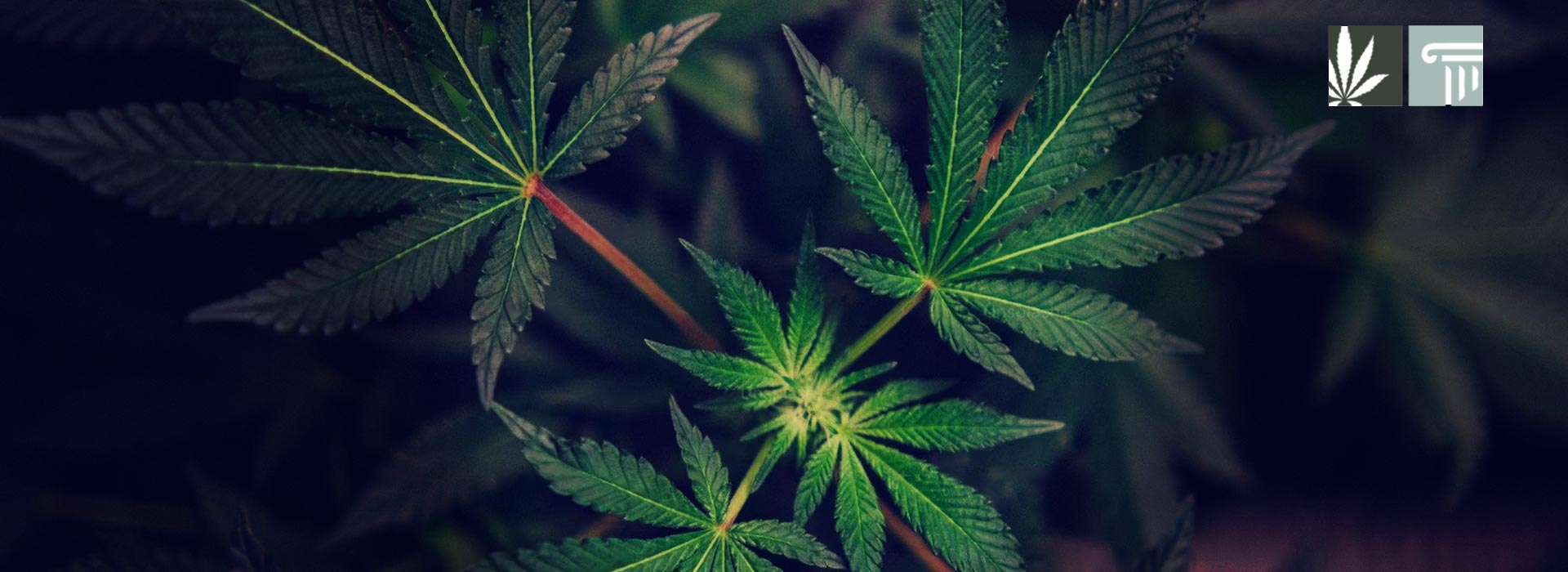The governor of Maryland has signed a bill to legalize recreational marijuana sales, paving the way for legal cannabis sales to launch in the state from July 1, 2023.
Gov. Wes Moore’s signature puts the final touch on a formal legalization process that began with voter approval of a proposal to legalize adult-use marijuana sales at the November midterm elections.
Nearly two-thirds of Maryland voters came out in support of Question 4, which prompted state lawmakers to craft enabling legislation to put the measure into effect.
The resulting legislation, Senate Bill 516, was finally approved by lawmakers in April after months of negotiations on various issues such as rates of taxation and social equity initiatives.
Moore heralded the efforts of lawmakers at the signing ceremony, affirming that the reform to Maryland’s cannabis laws will “ensure that the rollout of recreational cannabis in our state drives opportunity in an equitable way.”
“The criminalization of marijuana harmed low-income communities and communities of color in a profound way,” he added. “We want to make sure that the legalization of marijuana lifts those communities now in a profound way.”
The new law legalizes the possession of up to 1.5 ounces of cannabis flower and 12 grams of concentrates for adults 21 and older in the state, as well as allowing for the cultivation of up to two mature marijuana plants at private residences. Possession of amounts between 1.5 and 2.5 ounces are subject to civil fines, while greater quantities may still result in criminal penalties.
The reform also lays out the framework for Maryland’s legal adult-use cannabis market, which will be regulated by a new entity that falls under the purview of the state’s existing Alcohol and Tobacco Commission.
Recreational cannabis sales will be taxed at 9 percent.
Existing medical cannabis dispensaries will be able to apply to have their license altered to allow for recreational sales, as soon as the July 1 launch of legal adult-use sales.
The new law’s social equity provisions include a stipulation that the first round of new licenses are reserved for social equity applicants. This is defined as a business which is at least 65 percent owned by an individual who has lived or attended school in an area disproportionately impacted by cannabis criminalization for five of the last 10 years.
To help guide Maryland’s cannabis social equity initiatives, the new measure will establish an Office of Social Equity charged with promoting the participation of “people from communities that have previously been disproportionately impacted by the war on drugs.”






